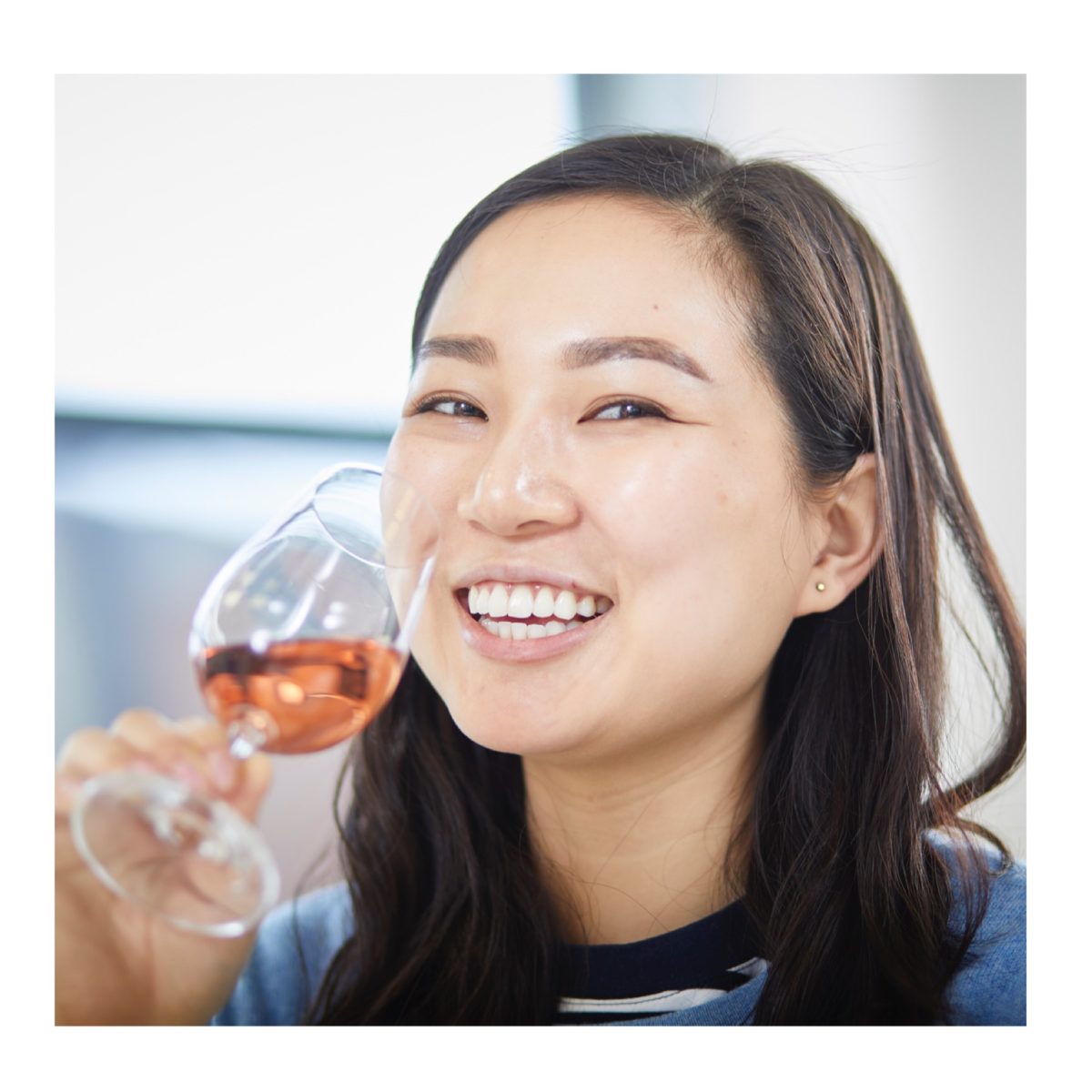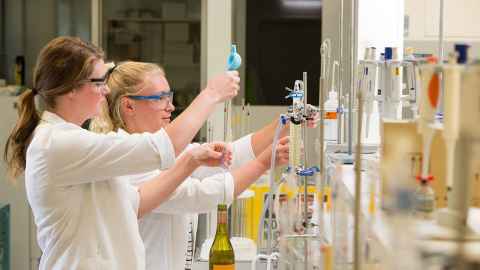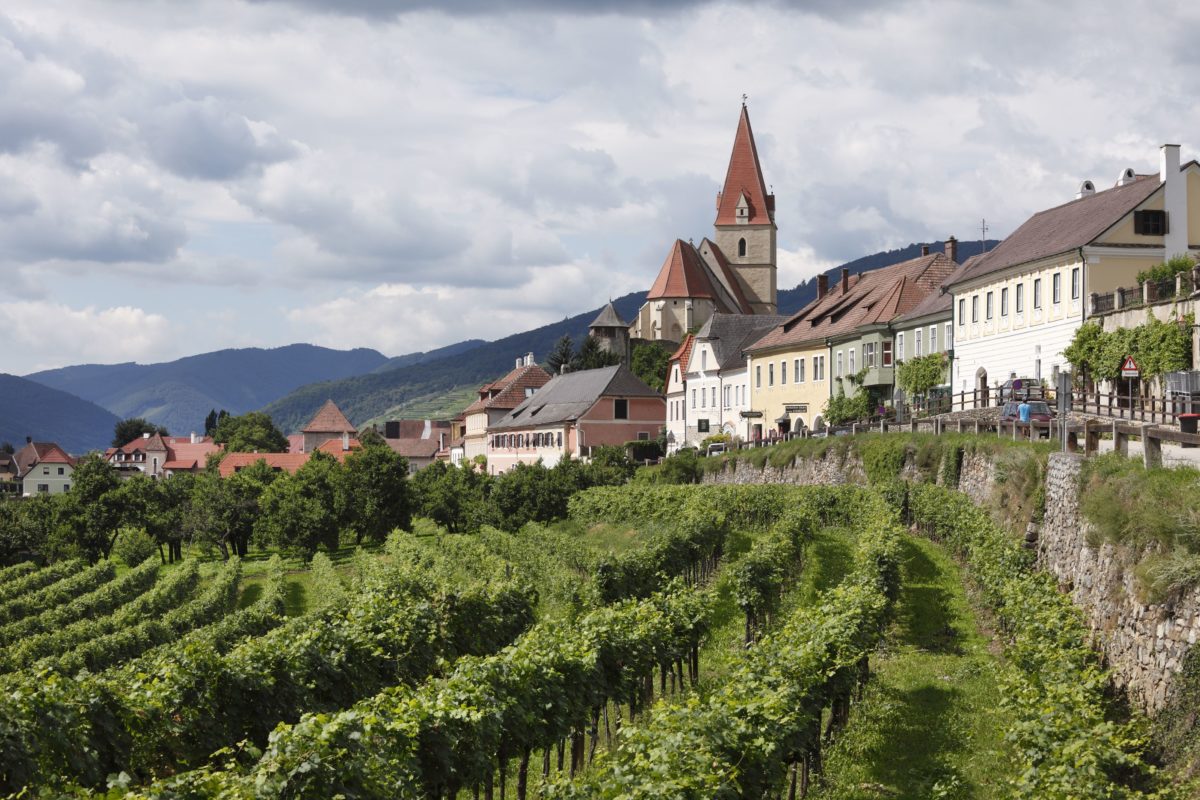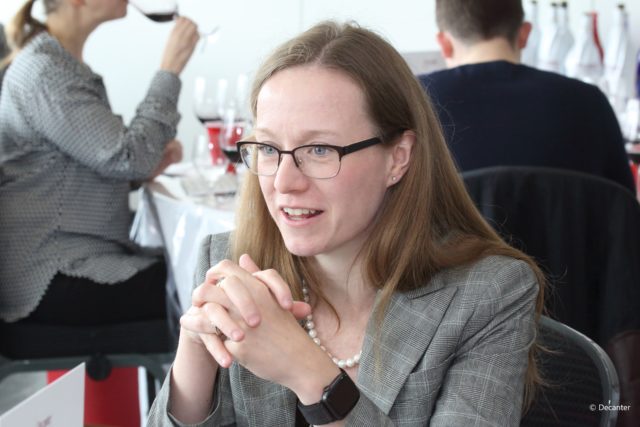The main vintage has started a little earlier than originally expected in many German wine-growing areas. The German Wine Institute (DWI) announced yesterday, the vines have experienced an enormous development spurt during the very sunny days in late August and early September.
Promising vintage 2019 expected
The ripeness of the grapes are ahead of the long-term average. The summer brought lots of sun and was rain-free. The grapes are still very healthy at present. The weather forecast predicts warm days and cool nights. This favors the formation of aroma in the grapes. In terms of quality, the German wine producers are looking forward to a promising vintage in 2019.
Among the first grape varieties that are harvested for the actual winemaking, include the precocious Müller-Thurgau or the Frühburgunder. Pinot Noir is currently being harvested for rosé and sparkling wine. The Riesling grapes, which dominate the Moselle, the Rheingau or the Middle Rhine region, generally mature a little longer, so that the main harvest of these varieties is expected later on in September.
Volume: presumably below nine million hectolitres
The heavy precipitation from last weekend has had a positive effect on dry vineyards and the juice content in the berries. Before, the grapes were still relatively small-berried due to a summer with little rainfall. In addition, sunburn damage to the grapes and regionally limited hailstorms have brought a slight yield-reducing effect. According to current estimates, the 2019 vintage is unlikely to reach the level of an average crop yield of around nine million hectoliters.





